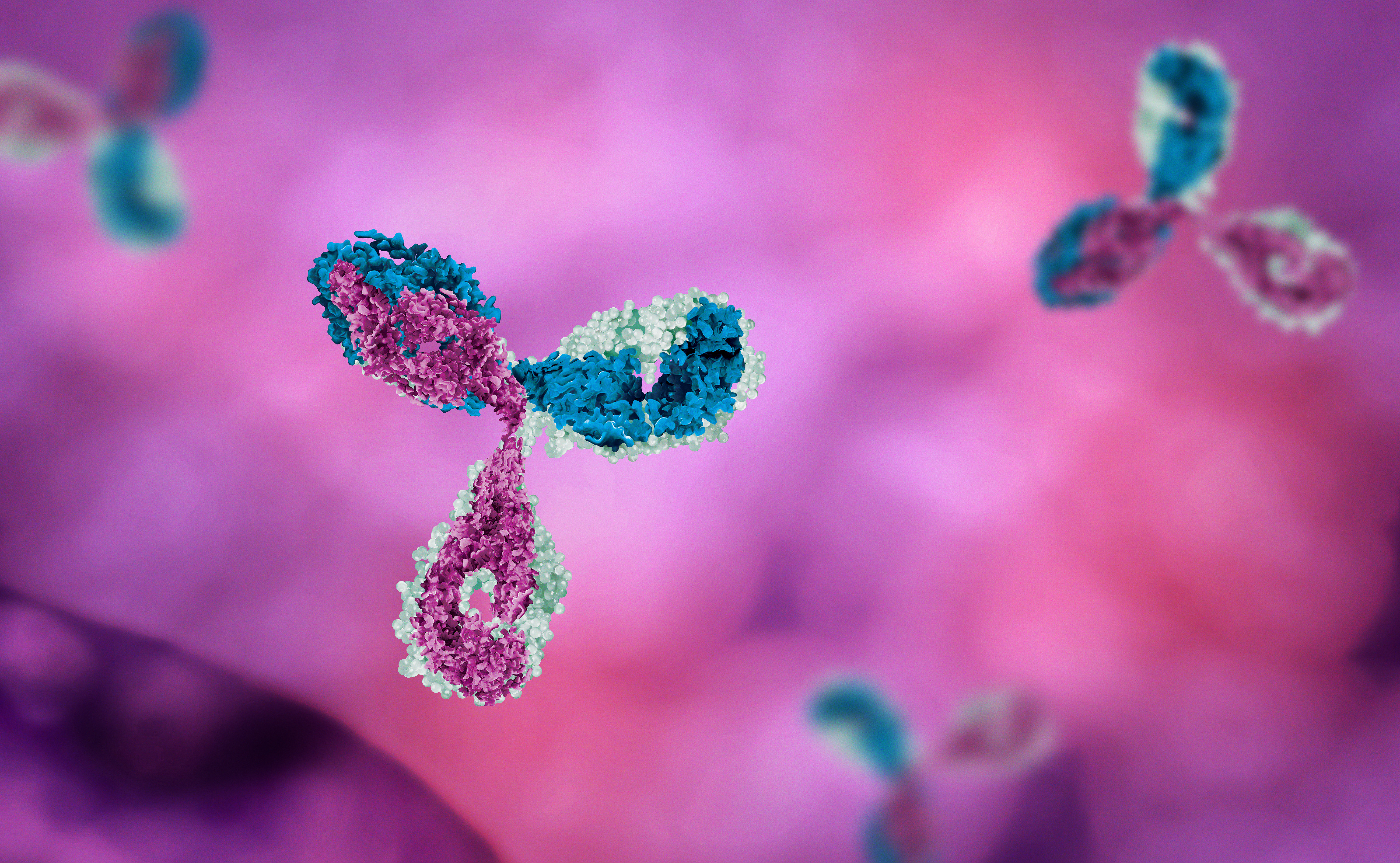
For the past 10 years or so, the focus in the adoptive T-cell therapy space has been on chimeric antigen receptor (CAR) T-cells, with several CAR T-cell products successfully being brought to market (e.g. Kymriah, Yescarta). However, all approved CAR T-cell therapies so far are for the treatment of blood cancers and this technology has failed to achieve good efficacy in treatment of solid tumours due to issues such as low target antigen availability, off-target toxicity, and tumour defence mechanisms.
Now another strand of cell therapy, based on T-cell receptors (TCRs), is emerging as a promising therapeutic modality. TCR-T cells are T cell products genetically engineered to express TCRs that can recognise specific antigens. The affinity of naturally occurring TCRs to cancer antigens is relatively low, so they are inefficient at recognising and killing cancer cells. Artificially designed TCRs can be enhanced for both specificity and affinity in order to improve performance of the TCR T cell.
Benefits of TCR T-cells
One benefit of TCR T-cells is that, in contrast to CAR T-cells, the target antigen can be an intracellular protein. Intracellular tumour-related proteins can be processed and presented as peptides by the native major histocompatibility complex (MHC) on the tumour cell surface, which then interact with the TCR to stimulate the anti-tumour response. This opens the door to targeting a much wider range of antigens, thus allowing for greater specificity in targeting cancer cells and reducing off-target effects. A promising target class are neoantigens, newly formed antigens generated by tumour cells as a result of tumour-specific mutations, with Neogene Therapeutics (part of the AstraZeneca group) even developing tailored therapies based on target neoantigens found in an individual patient’s tumour.
Another benefit is that TCR T-cells use native T-cell signalling mechanisms because all the auxiliary molecules of the TCR signal transduction pathway are retained. This means that TCR T-cells can be fully activated when only a small amount of antigen is present and TCRs have been shown to elicit a cytotoxic response to even a single antigen-MHC complex. In contrast, CAR T-cells typically require thousands of target surface molecules to mediate an effective response. Additionally, while CARs mediate a supraphysiologic T-cell activation and enhanced cytokine secretion, TCRs use of native signalling results in lower cytokine secretion and reduces the risk of unwanted side-effects such as cytokine release syndrome. These properties make TCR T-cells promising in the treatment of solid tumours due to them offering a wider range of target antigens and having a potentially superior safety profile.
The TCR journey so far
The first TCR-based biologic was approved by the FDA in 2022. Kimmtrak (Immunocore) is a bispecific T cell engager (BiTE) comprising a TCR which targets both the protein gp100 on the surface of uveal melanoma cells and CD3 on T cells. This engages with T cells to bring them into close proximity to the target cancer cell. Following on from this, in August 2024 the FDA granted accelerated approval for the first ‘true’ TCR T-cell therapy, Tecelra (Adaptimmune), a MAGE-A4-targeted T-cell therapy for unresectable or metastatic synovial sarcoma.
Future promise
The TCR therapy market is expected to witness an annualised growth rate of 51% in the coming decade. Investment has flowed into the space in recent years. Several big pharmaceutical companies have entered into a range of acquisitions and partnerships with smaller TCR T-cell companies, and there have been large fund-raising rounds from companies such as TScan Therapeutics, Captain T Cell and T-Therapeutics. This rapid growth in TCR T-cell therapy highlights its potential to revolutionize cancer treatment, particularly for solid tumours. As research and investment continue to accelerate, the future of TCR T-cell therapy looks increasingly promising, and looks to make as much of an impact as CAR T-cell therapies.
At Mewburn Ellis we look forward to being a part of this rapid growth and to supporting companies and clients with their future initiatives and growth-focused IP strategies.
Want to know more? Contact us here or through mail@mewburn.ellis.com
Katherine is a member of our life sciences patent team specialising in antibody therapeutics and cell and gene therapy. She is involved in a wide range of patent work, from pre-drafting advice to drafting and prosecution of worldwide patent portfolios. Katherine also has experience in European oppositions, due diligence and freedom-to-operate analyses.
Sign up to our newsletter: Forward - news, insights and features
Our people
Our IP specialists work at all stage of the IP life cycle and provide strategic advice about patent, trade mark and registered designs, as well as any IP-related disputes and legal and commercial requirements.
Our peopleContact Us
We have an easily-accessible office in central London, as well as a number of regional offices throughout the UK and an office in Munich, Germany. We’d love to hear from you, so please get in touch.
Get in touch

